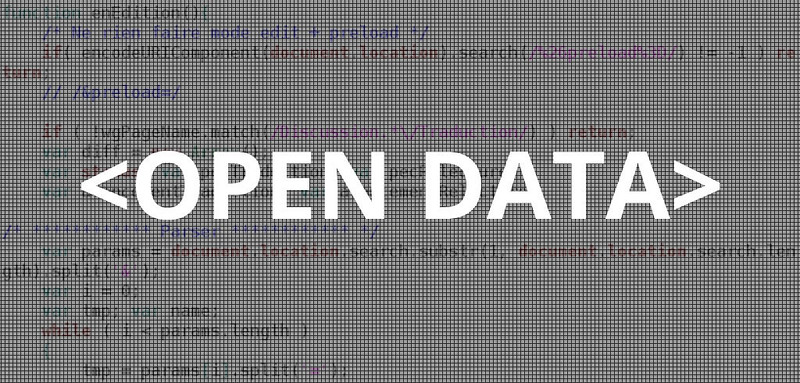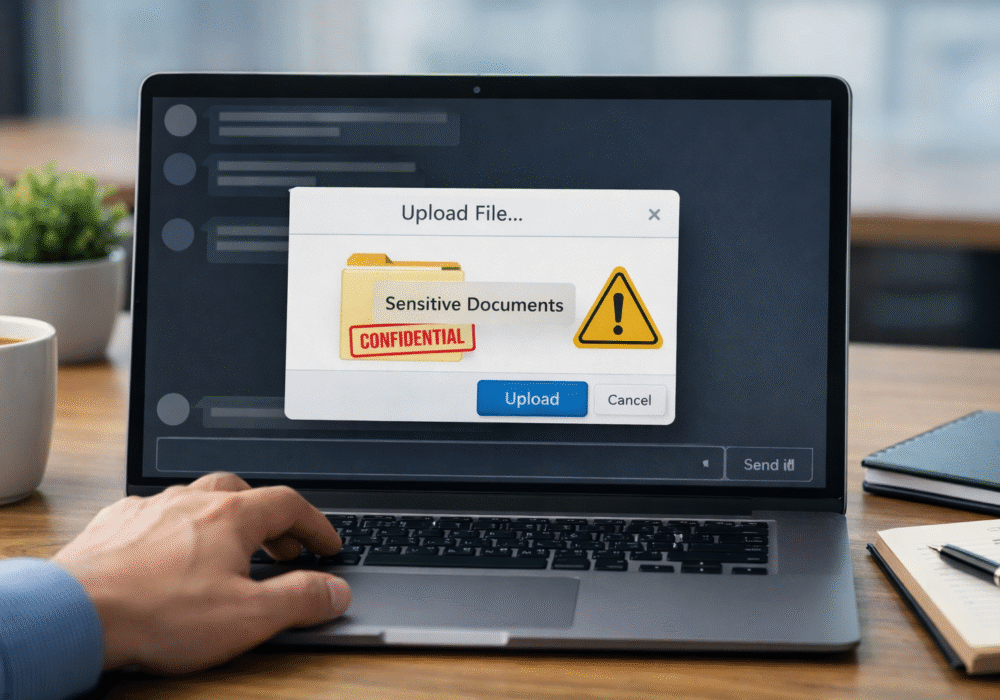
Data Loss is the result of unintentionally or accidentally deleting data, forgetting where it is stored, or exposure to an unauthorized party. Data loss is typically better than a data breach, where a breach is stolen information, data loss is mostly the unintentional deleting of data, but it does still include information getting into the wrong hands.
Related Terms: Data Breach, Data Exfiltration, Data Loss Prevention
Source: NICCS Glossary
CyberHoot does have some other resources available for your use. Below are links to all of our resources, feel free to check them out whenever you like:
Note: If you’d like to subscribe to our newsletter, visit any link above (besides infographics) and enter your email address on the right-hand side of the page, and click ‘Send Me Newsletters’. Sign up for the monthly newsletter to help CyberHoot with its mission of making the world ‘More Aware and More Secure!’
Discover and share the latest cybersecurity trends, tips and best practices – alongside new threats to watch out for.

If a Chrome extension promises to remove security pop-ups and generate MFA codes, that should make you...
Read more
Cyberattacks usually start with phishing emails or weak passwords. This one did not. Security researchers...
Read more
Not surprising when Trouble Ensues Last summer, the interim head of a major U.S. cybersecurity agency uploaded...
Read moreGet sharper eyes on human risks, with the positive approach that beats traditional phish testing.
